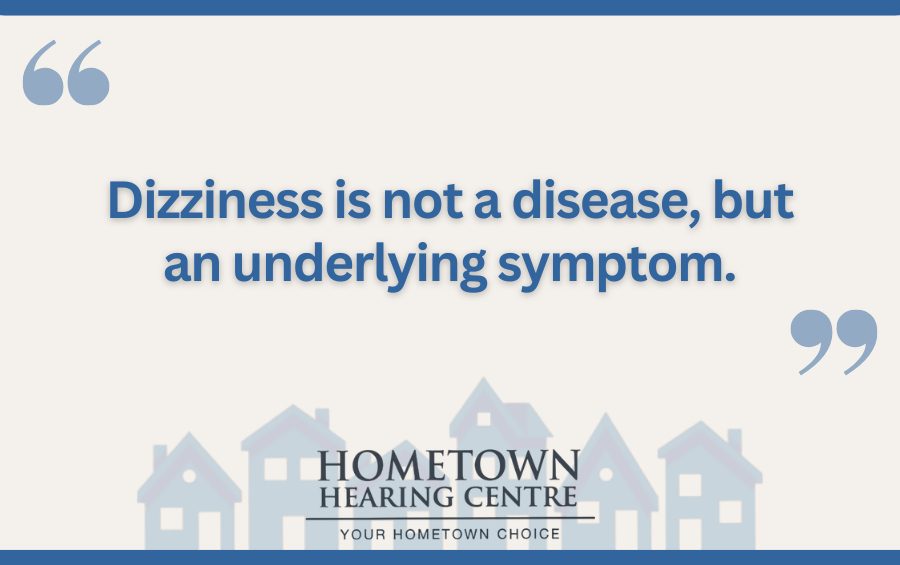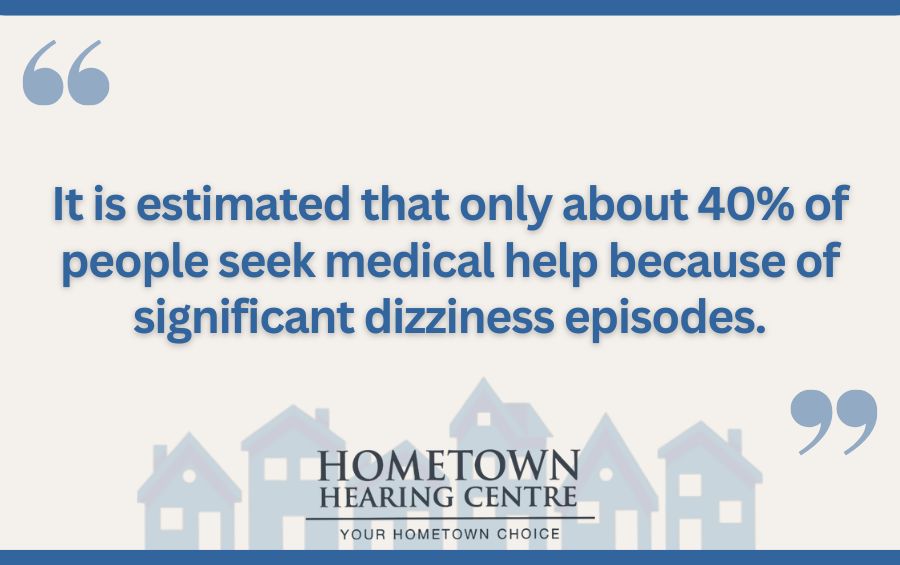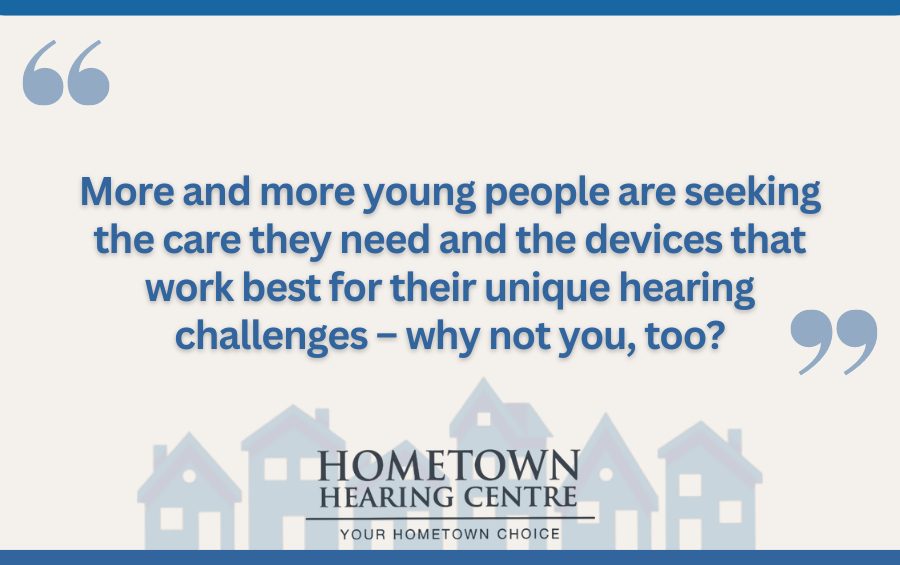If you’ve recently felt dizzy or heard a ringing in your ears, it’s helpful to understand what that means. Dizziness and tinnitus (a ringing in the ear) happen for many reasons, which is why a proper assessment is a great first step.
Symptoms
Our vestibular senses are responsible for smooth movement and balance. When there’s an issue with these senses, it’s easy to lose stability and feel lightheaded or nauseous.
Dizziness is not a disease in itself, but could be an underlying symptom of something of more concern. It can also be a side effect of medication, dehydration, or stress. Sometimes ordinary things make us dizzy, such as turbulence on an aeroplane or a boat.
These are the several main symptoms of dizziness, such as:
- Difficulty keeping balance, or loss of balance
- The feeling of motion or spinning, commonly known as vertigo
- Feeling light-headed or faint
- Feeling heavy-headed or sluggish
Ringing in the ears comes in many forms. In most cases, it’s a symptom, just like dizziness. It may start with hearing sounds that others don’t seem to notice.
Tinnitus can be loud or soft, steady or occasional. People describe a range of sounds and sensations, such as buzzing, whooshing, and ringing.
It’s rarely consistent throughout the day, sometimes becoming more intense.
Causes of Tinnitus and Dizziness
An inner ear problem is a common cause of tinnitus and dizziness. This sensitive part of your body is responsible for your sense of hearing and your balance.
Some inner ear disorders can give us either ringing or dizziness, while some conditions (like Meniere’s disease) can give us both symptoms.
Hearing loss and balance issues go hand in hand, travelling the same information highway to the brain. When our inner ear has some kind of infection or inflammation, there’s a good chance that both hearing and balance will be affected.
The only way to know the reason for a ringing in the ears and dizziness is to schedule a professional examination. These are other common causes of tinnitus and dizziness:
Exposure to Loud Noises
Whether it’s for a short time or a longer period, noises can harm the inner ear and cause tinnitus. Working in a loud environment or listening to music for a long time can negatively impact the inner ear and cause hearing loss.
Earwax Blockage
When the ear canal gets blocked with earwax, that can cause hearing loss. This may make the auditory system attempt to overcome the loss of hearing, causing sounds and ringing that don’t exist.
Allergies
This is known as allergy-related tinnitus. Allergies can block the tube connecting your ear to your throat, contributing to tinnitus.
Our bodies can overreact to foreign substances like pollen or dust, resulting in sinus congestion. Increased pressure and inflammation can reduce our hearing and create ringing sensations. Vertigo can also be caused by allergic reactions, though it’s less common.
Food allergies generally don’t cause tinnitus.
Head or Neck Injuries
Sharp or jolting movements like falls or car accidents can bring on somatic tinnitus. One or both ears can be affected if the nerves and brain stem structures are damaged.
Medications
Dizziness and drowsiness are common side effects of prescribed and over-the-counter medication. Tinnitus is also a side effect of many antibiotics, blood pressure medications, and other drugs.
Treatment of Ringing in the Ears and Dizziness
This is where professional help comes in.
Sometimes ringing in the ears and dizziness can be treated easily. To find out whether symptoms are caused by a blocked ear canal, medication side effects, or something else, it’s important to contact a trusted hearing expert.
As we mentioned, earwax build-up can cause ringing in the ears. A simple appointment might be all that’s needed to remove the wax and treat tinnitus.
For more serious causes, medication, minor surgery, or lifestyle changes might be solutions.
When you notice that ringing in your ears and dizziness aren’t going away, it’s a good time to get in touch with a local hearing care provider. It’s always best to find the root cause of these problems and schedule a treatment.




